Sub-Programs
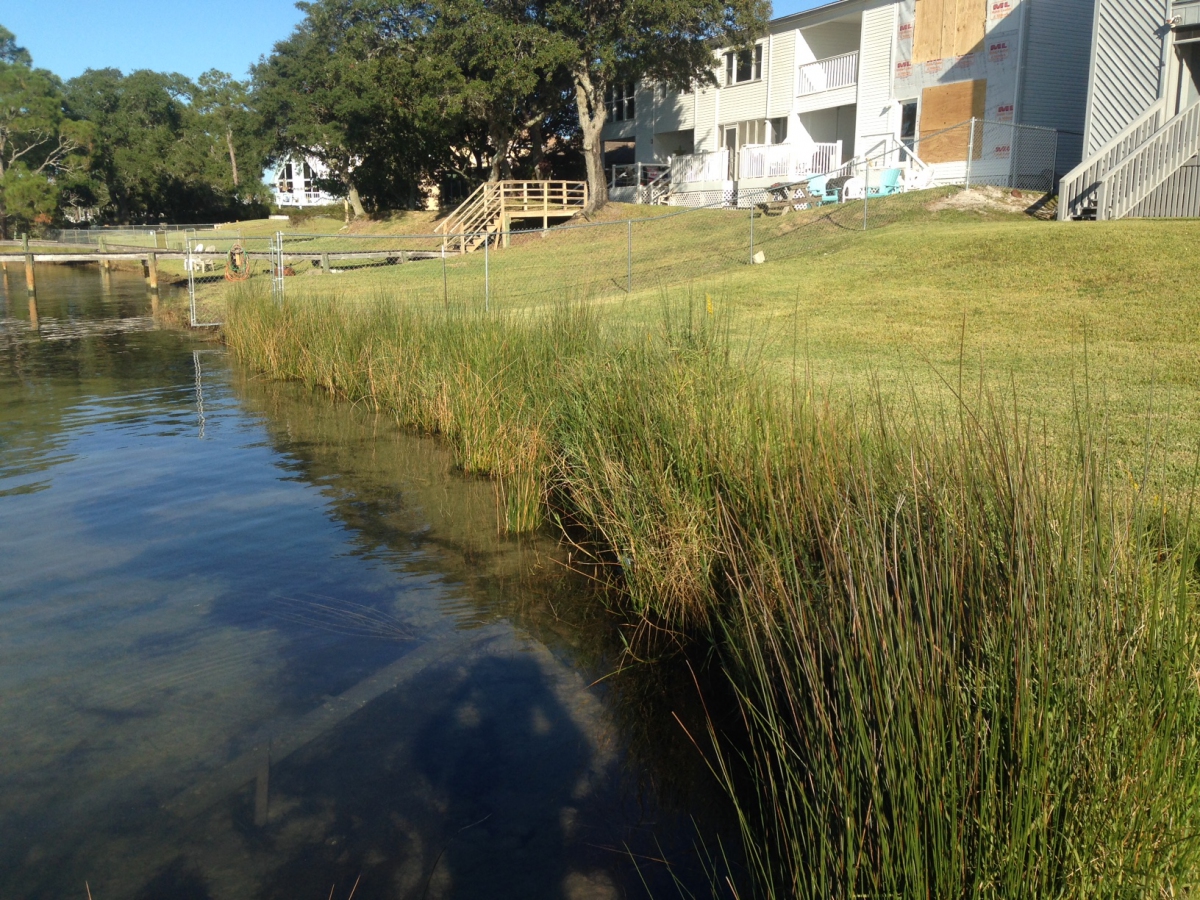
Living shorelines is a term used to describe environmentally friendly shoreline stabilization techniques. Living shorelines are alternatives to hardened shoreline techniques, such as bulkheads and seawalls, which stabilize shorelines, while also providing the benefits of a natural shoreline. Comparatively, hardened shorelines are detrimental to the environment. These structures often lead to more erosion and reduce the amount of intertidal habitat. Intertidal habitats improve water quality, act as storm buffers, and provide habitat for fish, crustaceans, and birds. Additionally, for most shorelines, a living shoreline approach is cheaper and more resilient. Even with all these known benefits, living shorelines have not been adopted as the first choice for shoreline protection. Some of the reasons for the lack of living shoreline projects are due to property owners and contractors not being aware of these techniques. Other reasons for lack of adoption include misconceptions about the level of shoreline protection these projects provide, perceived costs, and unfamiliarity with the permitting process. For this program, we work directly with property owners, contractors, nurseries, and regulatory agencies to help increase the knowledge base and streamline the processes associated with implementing living shoreline projects. Our activities include conducting property owner, contractor, and government agency workshops/trainings, producing guidebooks and extension publications, research to improve the site design process, and site evaluations.
 Mississippi Coastal Cleanup Program
Mississippi Coastal Cleanup Program
Litter is an issue that impairs the environment, stormwater infrastructure, tourism, and industry along coastlines. The Coastal Cleanup Program was formed with the mission of preventing and removing litter from the coastal environment through education, outreach, research, and cleanup events. Please visit the Mississippi Coastal Cleanup website (http://coastalcleanup.extension.msstate.edu/) for more information about this program.
 Mississippi Master Naturalist Program
Mississippi Master Naturalist Program
Lack of environmental knowledge often promotes poor stewardship of natural resources. Additionally, many environmentally conscious individuals are eager to help out through volunteer service, but these opportunities are often difficult to find. The Mississippi Master Naturalist Program was formed with the mission of developing an organization of knowledgeable volunteers to help promote conservation and management of Mississippi’s natural resources through education, outreach, and service within their communities. Please visit the Mississippi Master Naturalist website (http://masternaturalist.extension.msstate.edu/) for more information about this program.
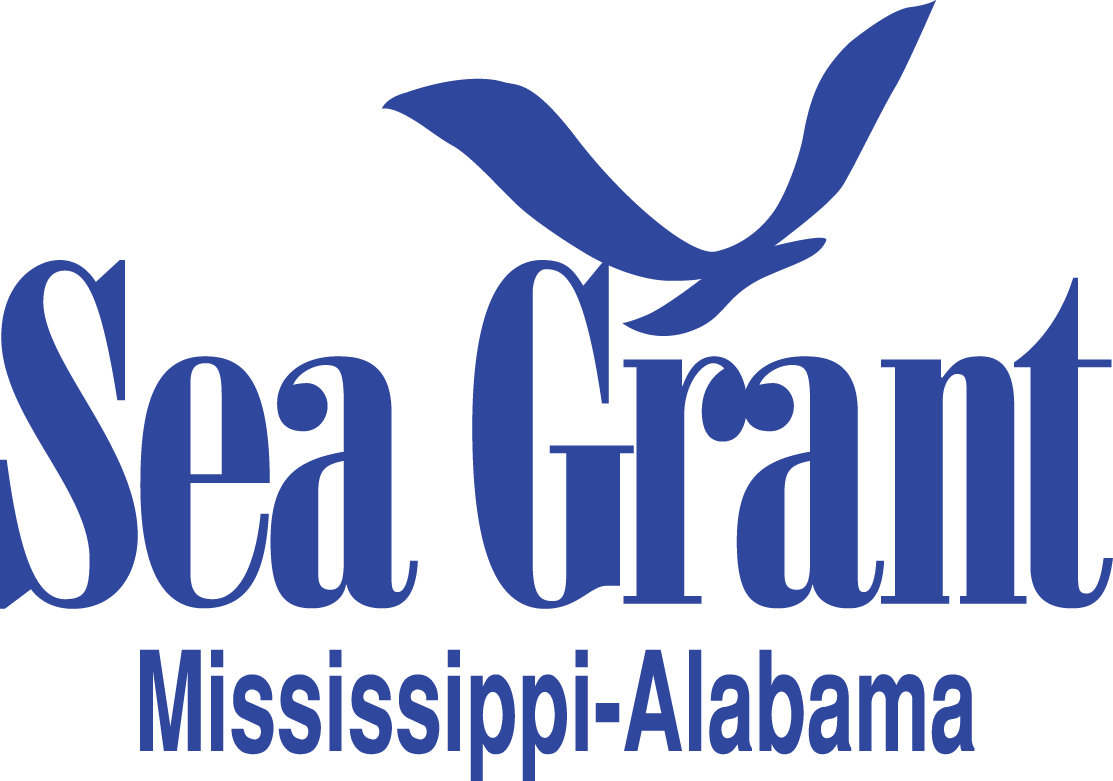 Mississippi-Alabama Sea Grant Extension Program
Mississippi-Alabama Sea Grant Extension Program
The mission of the Mississippi-Alabama Sea Grant Consortium (MASGC) is to enhance the sustainable use and conservation of ocean and coastal resources to benefit the economy and environment in Alabama and Mississippi. To fulfill this mission, MASGC commits to interdisciplinary environmental scholarship and community-based natural-resource management. The tools available in support of the MASGC mission are applied interdisciplinary research, outreach, education and legal services using both targeted and cross-cutting approaches. These tools are utilized at local, state, regional, national and international arenas. Please visit the Mississippi-Alabama Sea Grant website (http://masgc.org/) for more information about this program.
Mississippi Inland Cleanup Program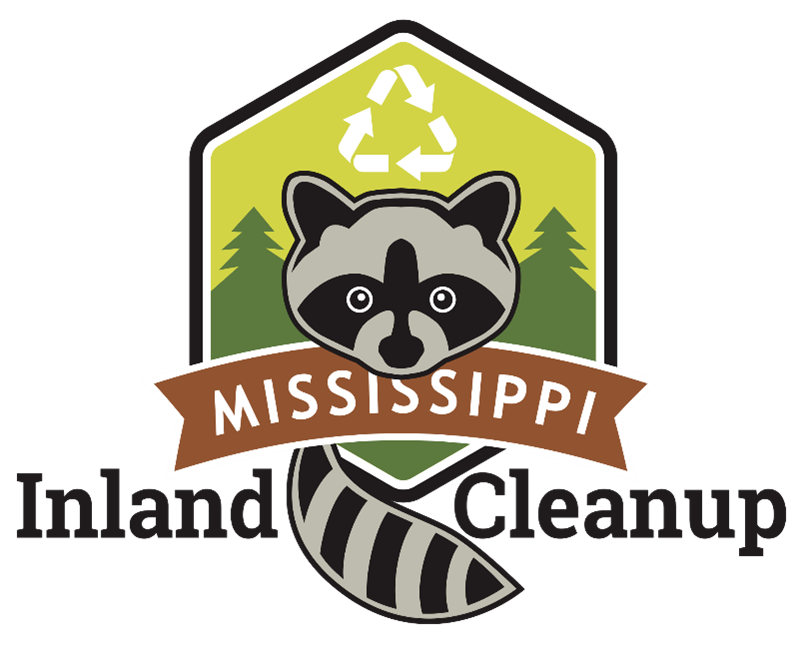
The Mississippi Inland Cleanup Program (MSICP) is a trash-free education and cleanup event program, created as an expansion of the Mississippi Coastal Cleanup Program. This new initiative extends the efforts of the coastal program by removing debris from the environment through preventive measures and providing outreach to help stop trash at its inland source. The goal is to prevent, educate, and remove litter in targeted communities throughout the southeast Mississippi region.
Please visit the Mississippi Inland Cleanup Program website (www.nolittermovement.com) to find more information about the Mississippi Inland Cleanup Program and other local litter prevention initiatives.
Derelict Trap Reward Program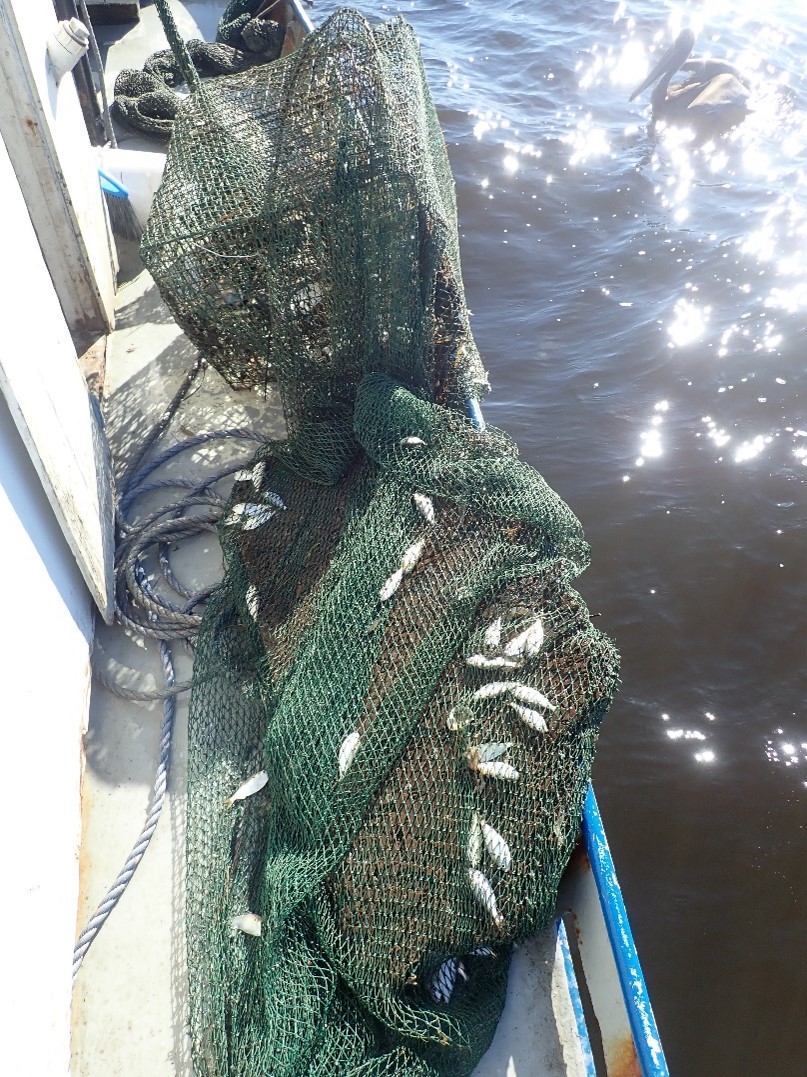
The Derelict Trap Reward Program is an ongoing incentive program that encourages and rewards fishermen to properly dispose of derelict crab traps. Mississippi State University, Mississippi Commercial Fisheries United, and NOAA Marine Debris Program have worked together to reduce and characterize the impacts of marine debris in the Mississippi Sound. To achieve these goals, we have recruited and trained commercial fishermen to collect information on marine debris distribution and conducted an economic impact analyses of marine debris on the commercial fishing industry. The program has been funded by the EPA Gulf of Mexico Program.
Mississippi Student Naturalist Program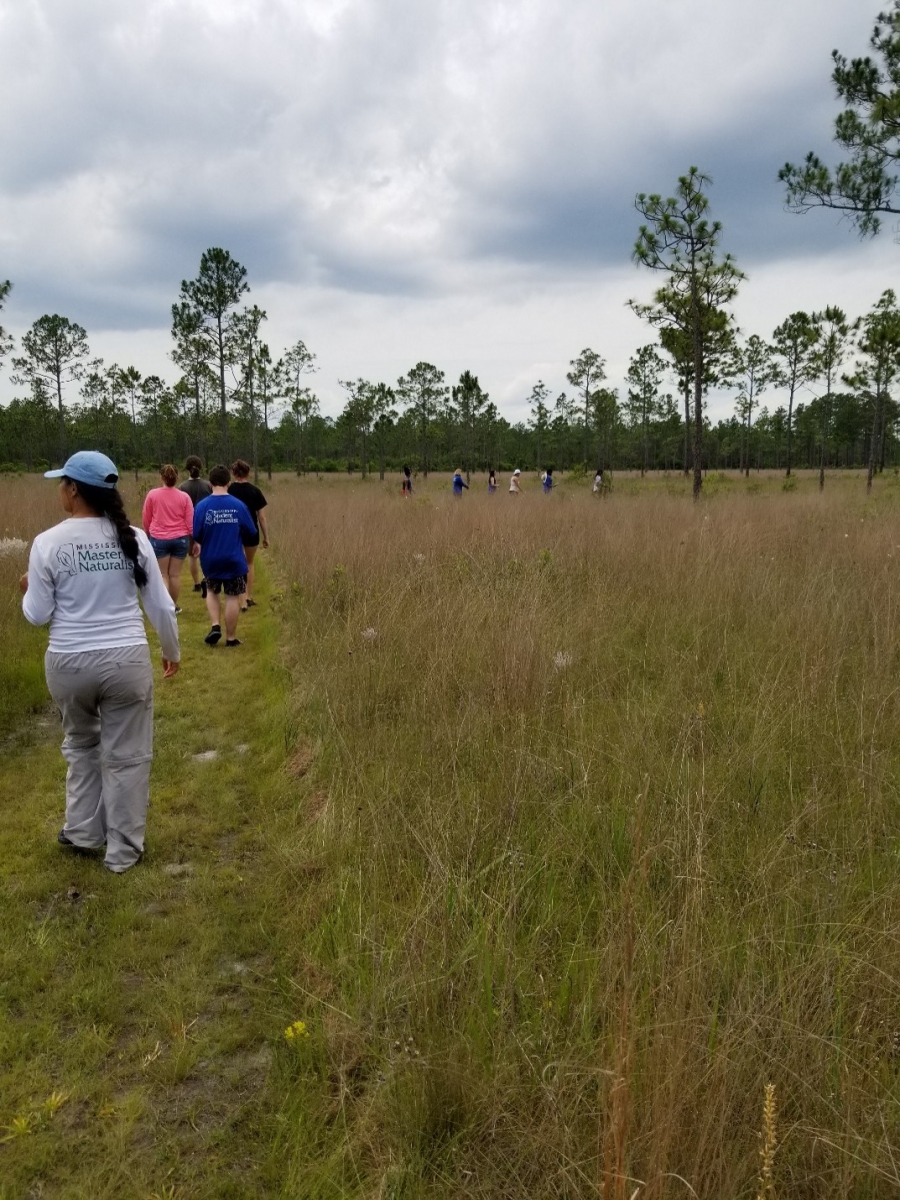
A spinoff of the successful Mississippi Master Naturalist Program, Student Naturalist engages high school-aged youth to become stewards of the environment. Students are introduced to several relevant and pressing conservation topics through activities, field trips, and presentations. While learning about these issues, students have the opportunity to better their understanding of local ecosystems, biodiversity, and the relationship between humans and nature. Upon completion of the course, participants become ambassadors for the environment by completing volunteer hours and participating in community service projects dedicated to environmental causes.
GRITS
The Green & Resilient Infrastructure Technical Skills (GRITS) Program provides high school students training on STEM skills that are integral to careers in coastal restoration and green infrastructure. This extracurricular program includes skills such as watercraft operation and certification; unmanned aircraft systems operation and certification; navigation and mapping; basic electrical systems, sensor construction, and coding; nursery methods and planting techniques for coastal vegetation; and data analysis, interpretation, project design, and permitting. Upon completion of the course, Mississippi State Coastal Research and Extension Center will provide students a paid opportunity to obtain their certifications for the watercrafts and unmanned aircraft. The hands-on experience and certifications will propel students to employment in coastal STEM careers.
Plan-It Marsh & Plan-It Dunes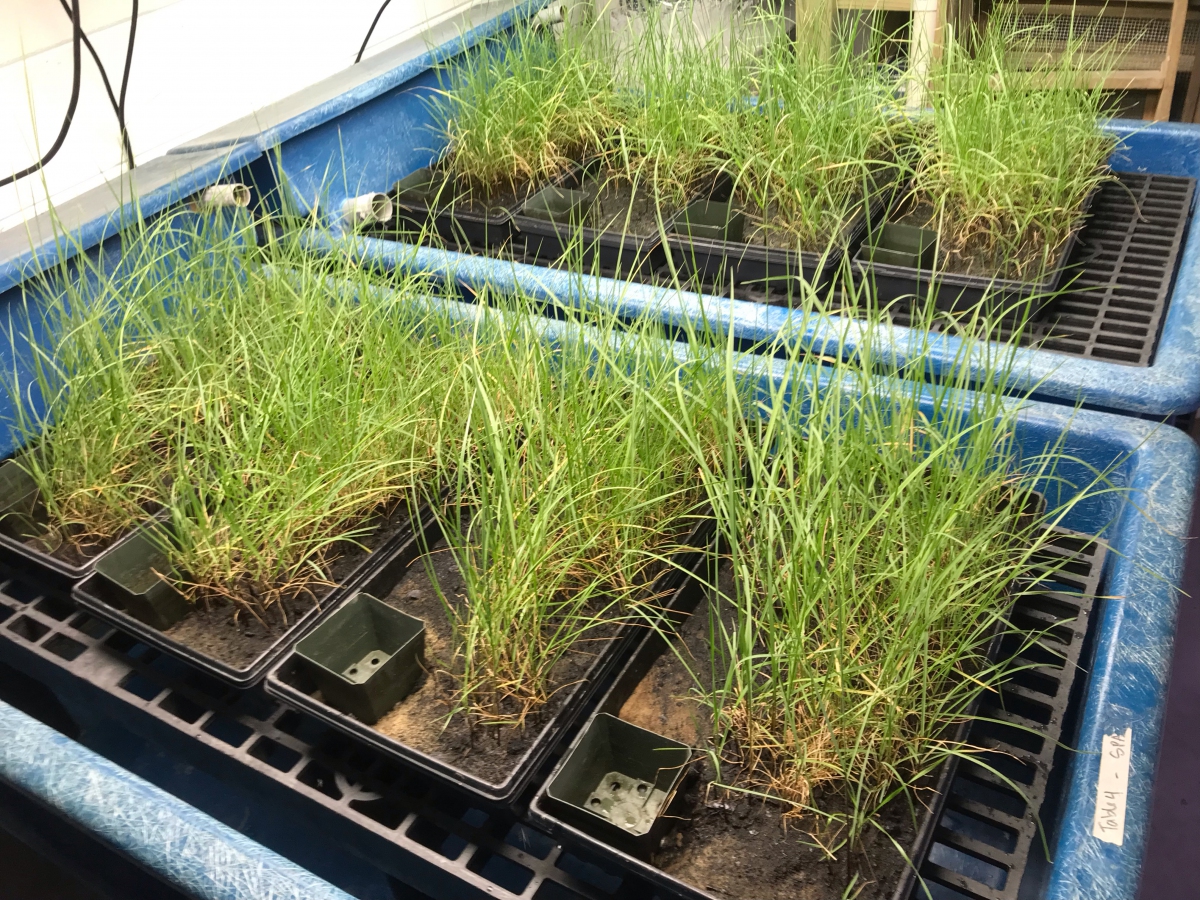
Inspired by a generational disconnect with nature, the goal of the Plan-It Marsh and Dunes programs are to provide coastal Mississippi high school students opportunities to meaningfully reconnect with the ecosystems that matter most to them. Partnering schools are provided with complementary curriculum focusing on marsh / dune ecology. Students have the opportunity to use scientific and experiential perspectives to expand their minds by growing plants in their schools and installing them at a local restoration site.

